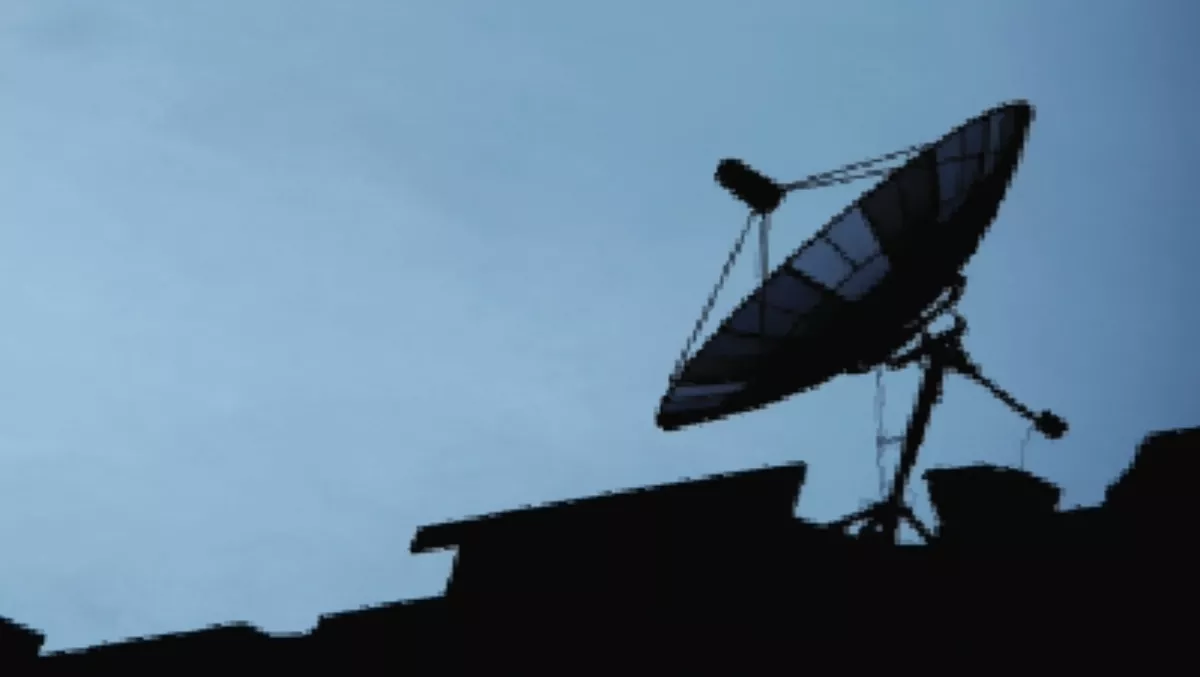
Still free for country callers
Toll-free local calling for all New Zealanders - including those who live in rural and remote areas - will remain despite an upheaval in the way it is funded.The Telecommunications Services Obligation (also known as the Kiwi Share) is to be scrapped in favour of a new industry levy. The levy will be collected from all telcos that provide a residential phone service, and is expected to be around $50 million a year. This will be used to subsidise rural providers, so that calls made within local zones in remote areas remain toll-free. The money will form part of the $300 million plan to upgrade rural broadband over the next six years.Under the old TSO all the money went to one provider - Telecom. This was intended to compensate it for providing phone services to Commercially Non Viable Customers (CNVC) - of which it’s estimated there are 58,000. However, it’s not clear who these customers are. Vodafone, which has previously paid $18 million a year in TSO fees, has asked to see a list of CNVCs, claiming it can provide the services for less money."We’re told there are 58,000 customers - five percent of Telecom’s fixed line base - who aren’t commercially viable, yet when we ask to see the list, we’re told there is no list," says Vodafone CEO Russell Stanners.A Commerce Commission spokesperson has previously said that it’s worked out by using “geo-coded coordinates which identify locations of commercially non-viable customers as per the Commission’s TSO model”.In August Vodafone joined forces with rural ISP Farmside - another vocal opponent of the previous TSO regime - and offered to provide a $500 subsidy for broadband hardware to any CNVC who subscribed to either a Vodafone or Farmside satellite plan.The company reports it’s had dozens of inquiries about the offer, but has been unable to follow through because it hasn’t been told who the customers are.

